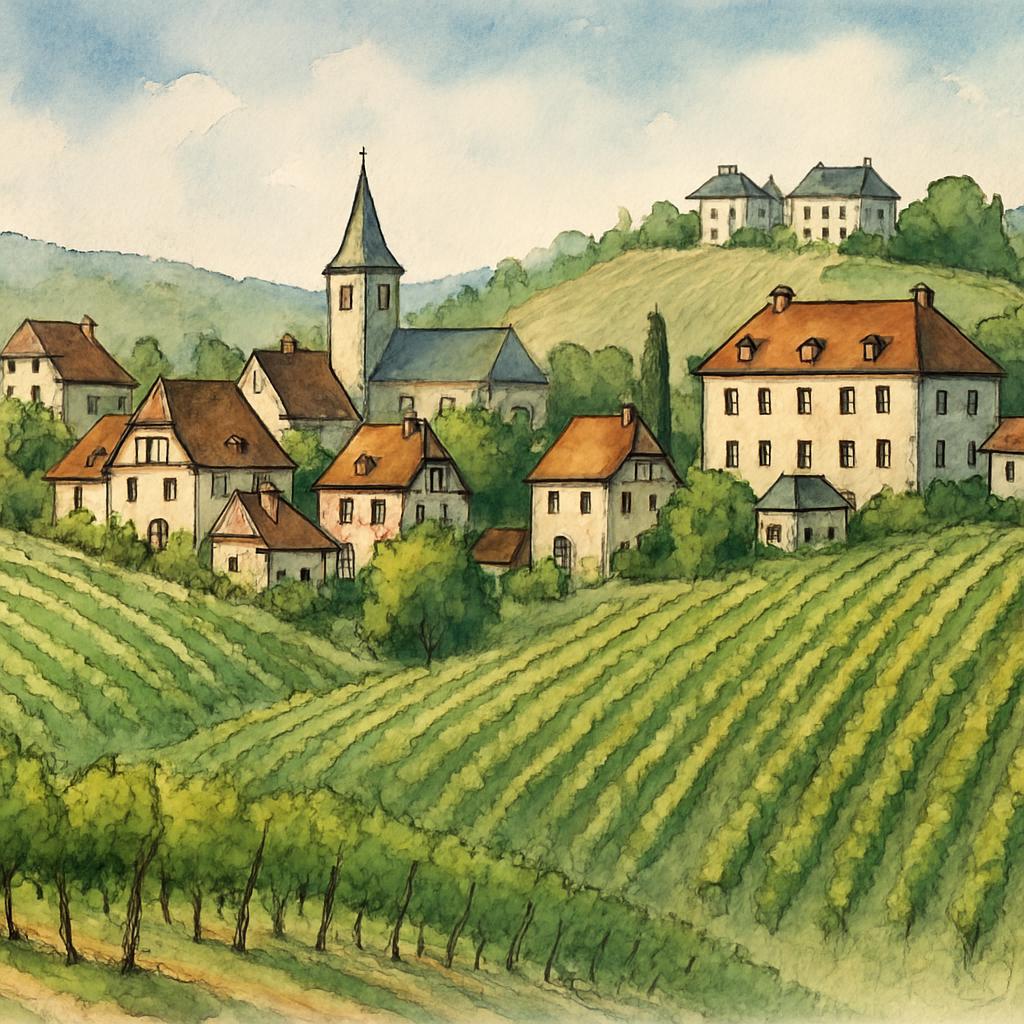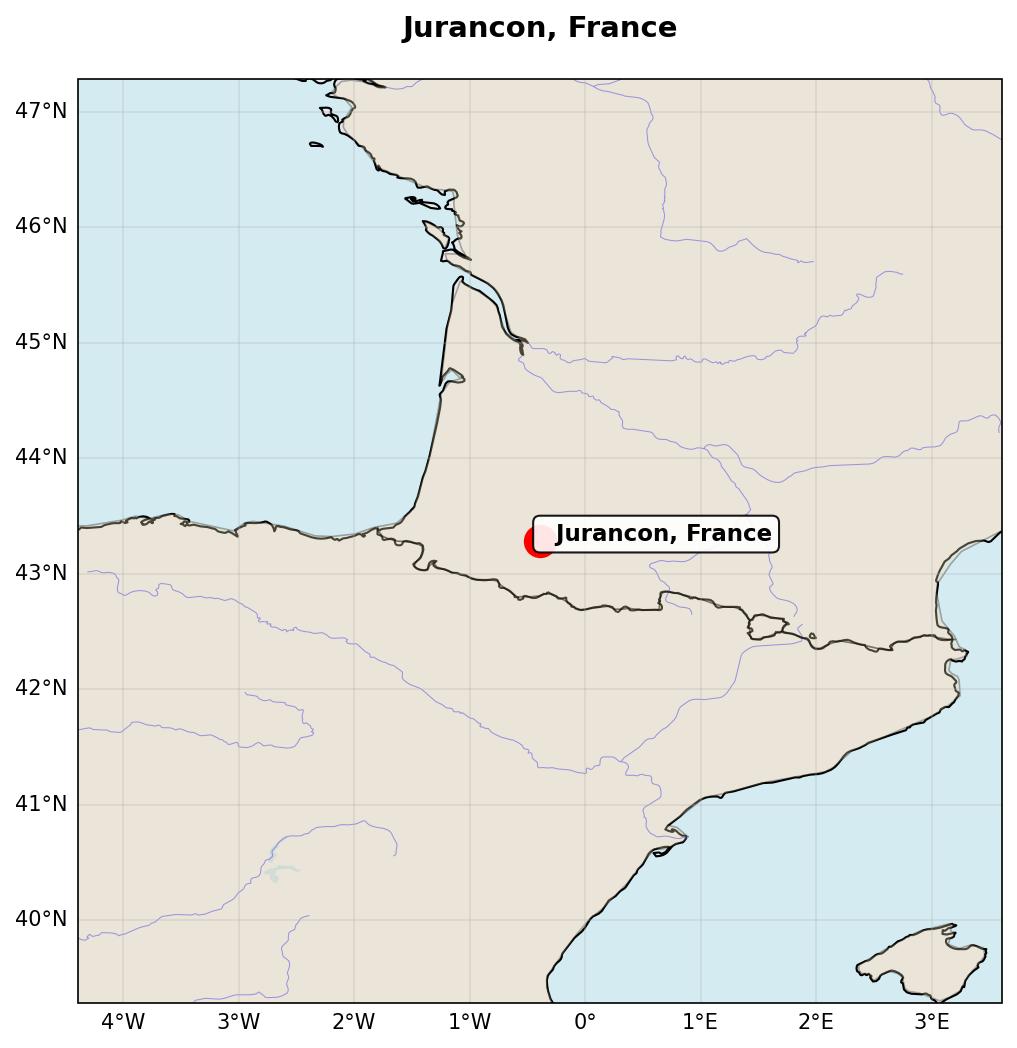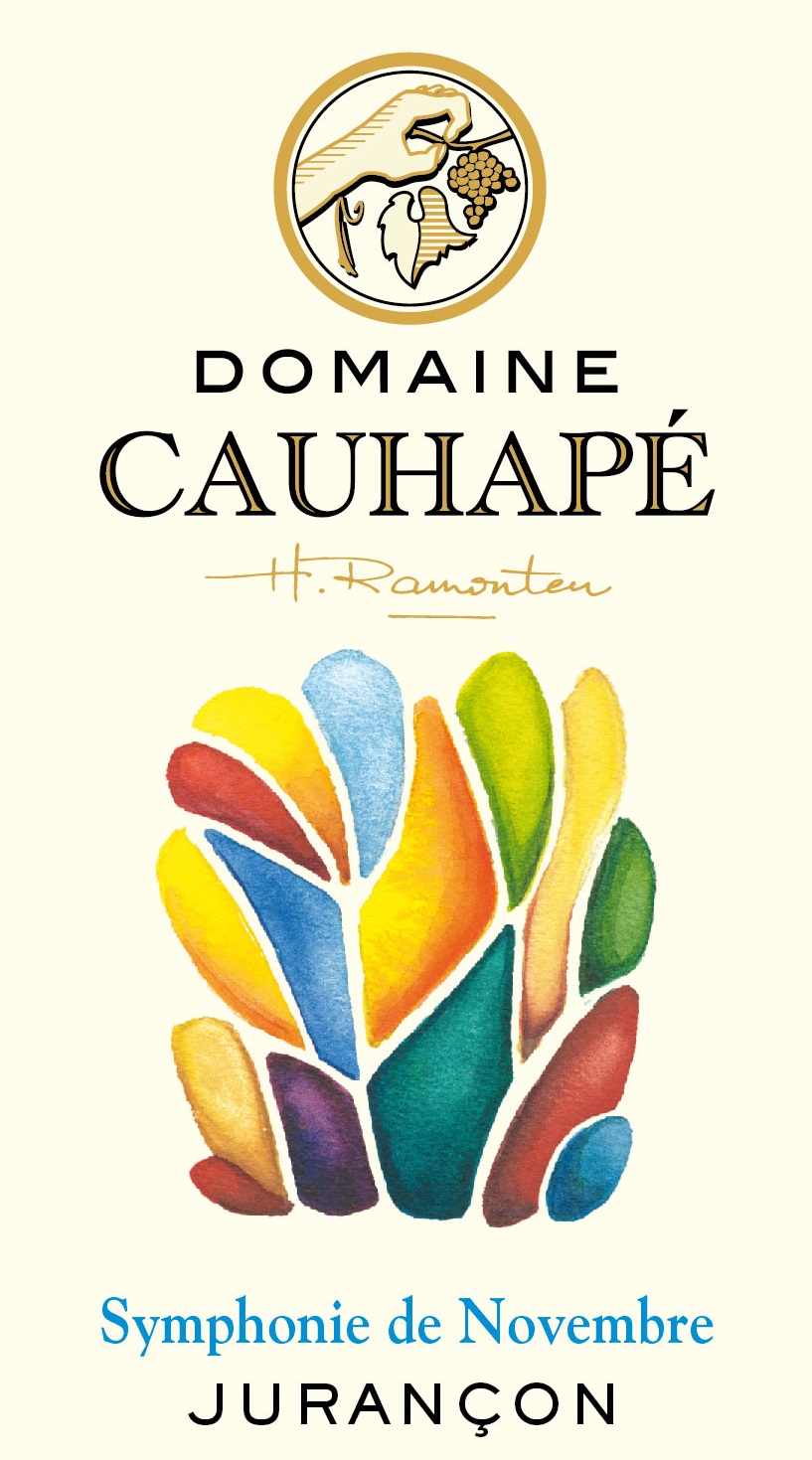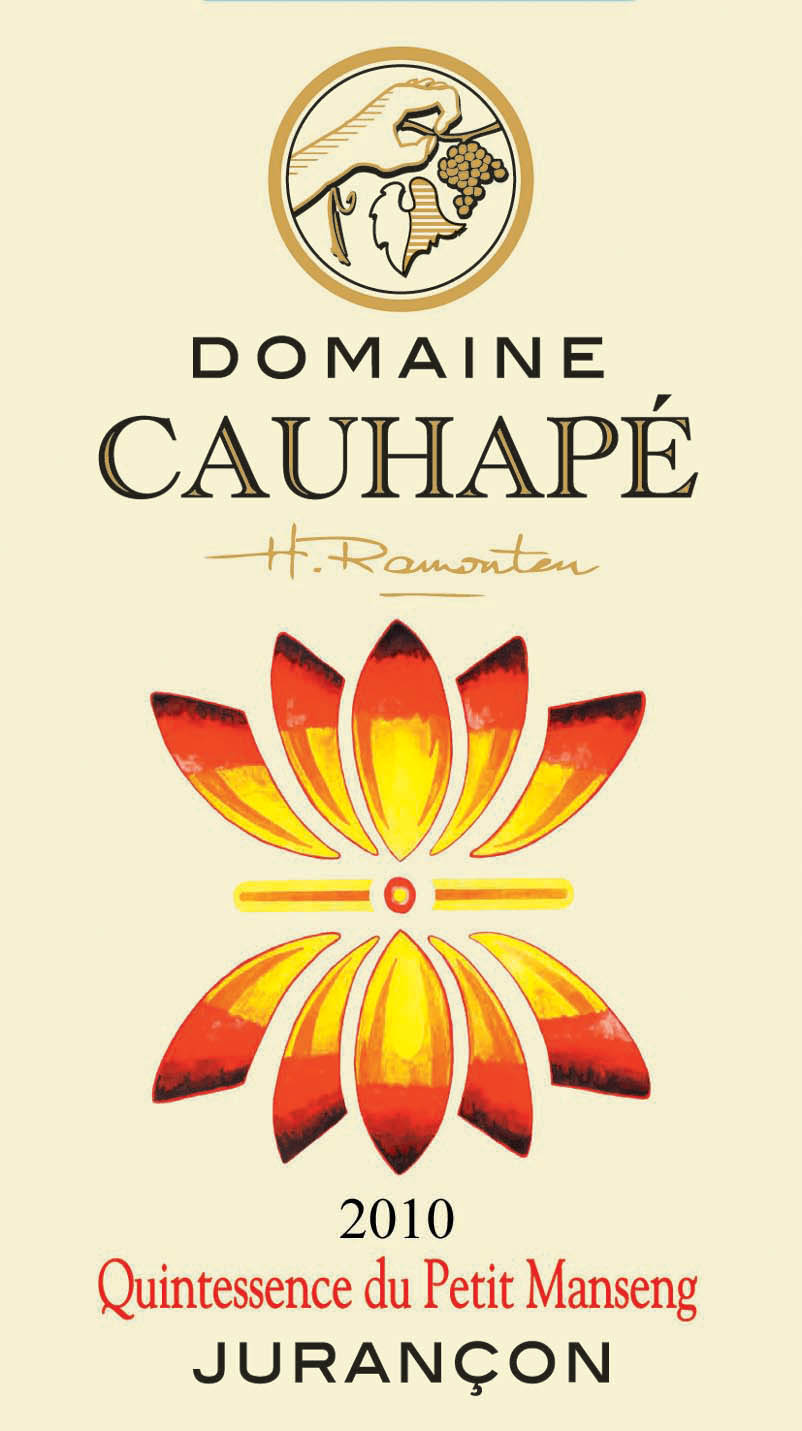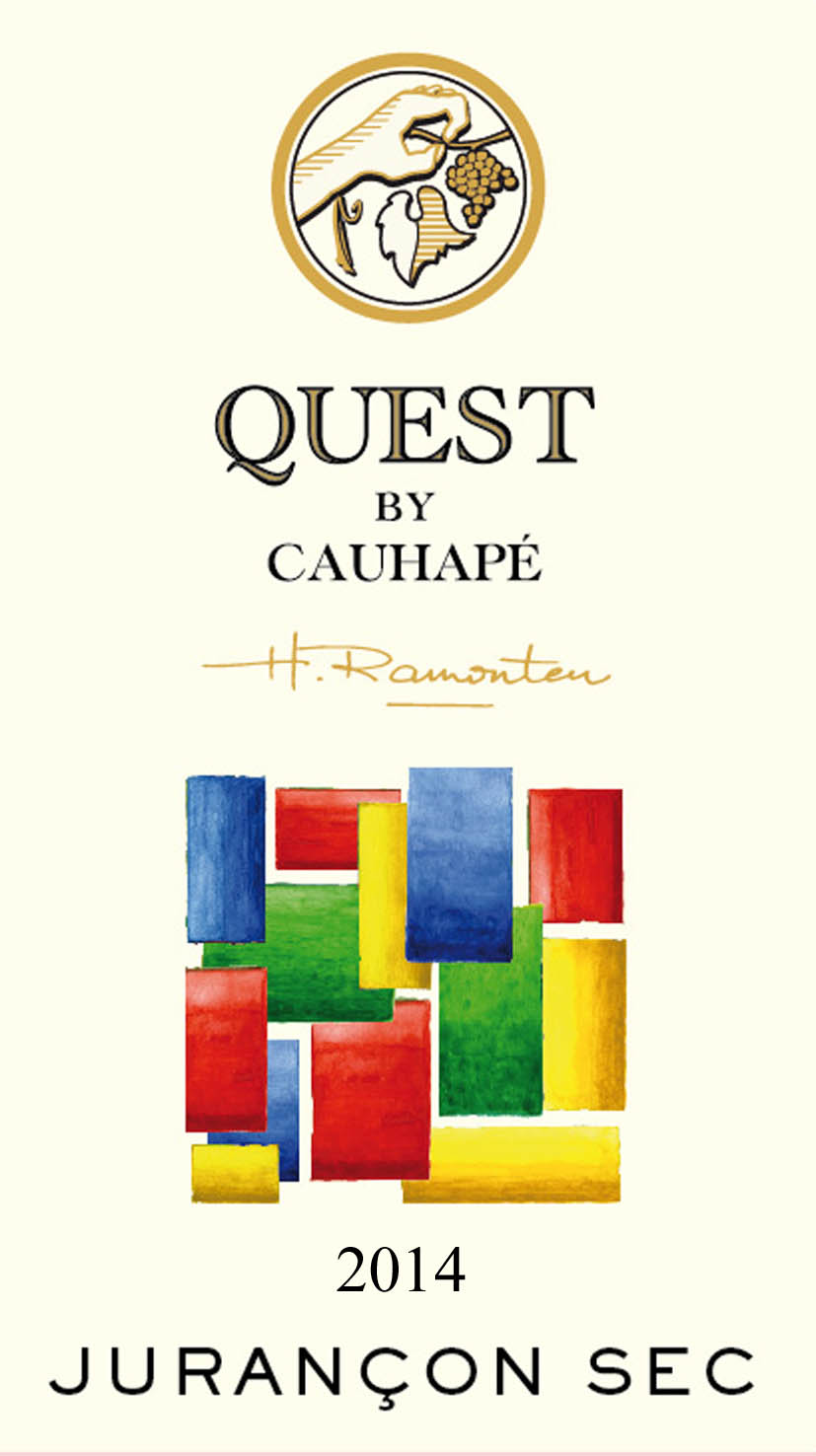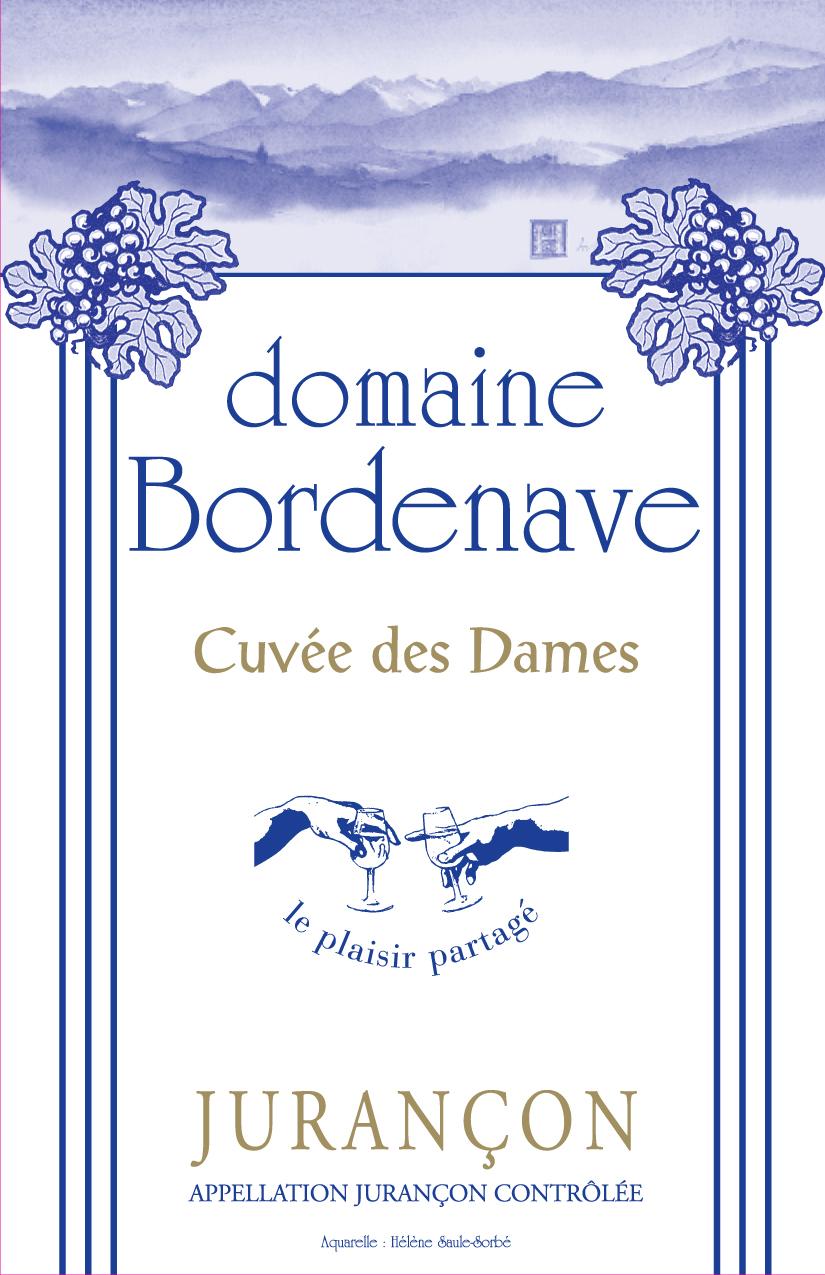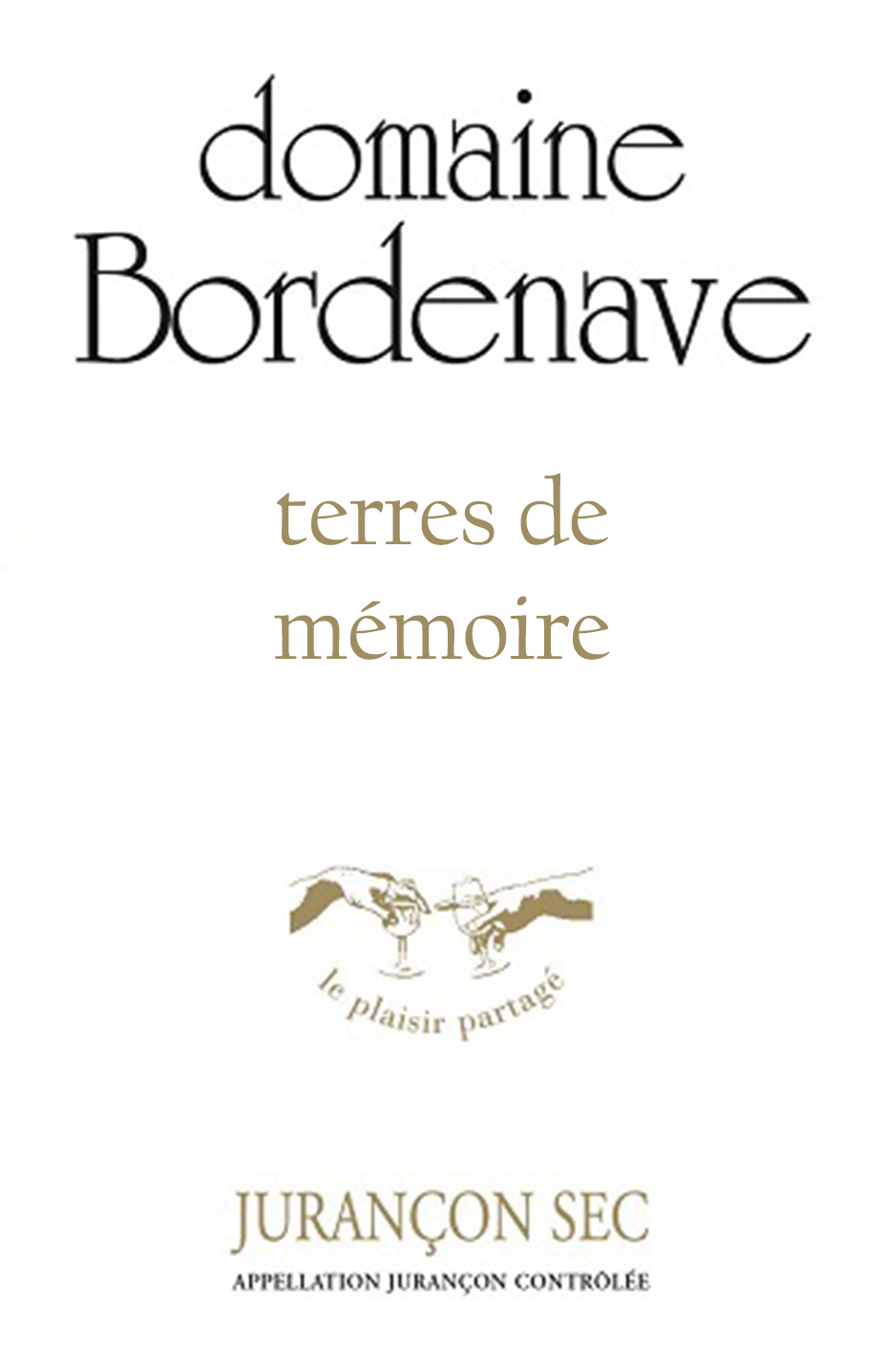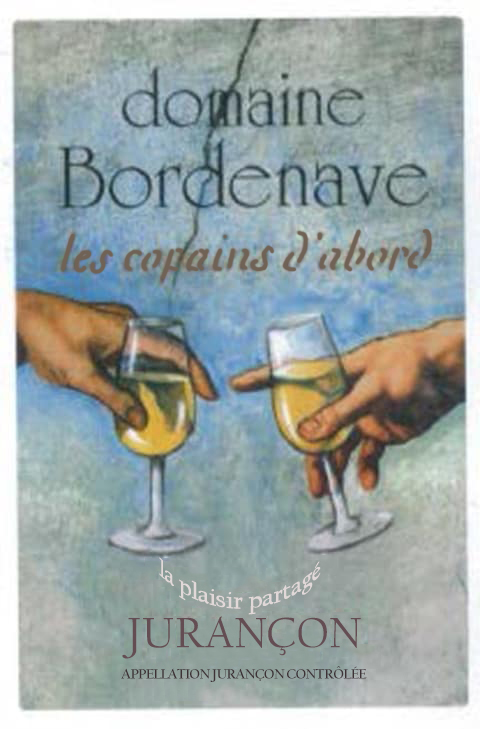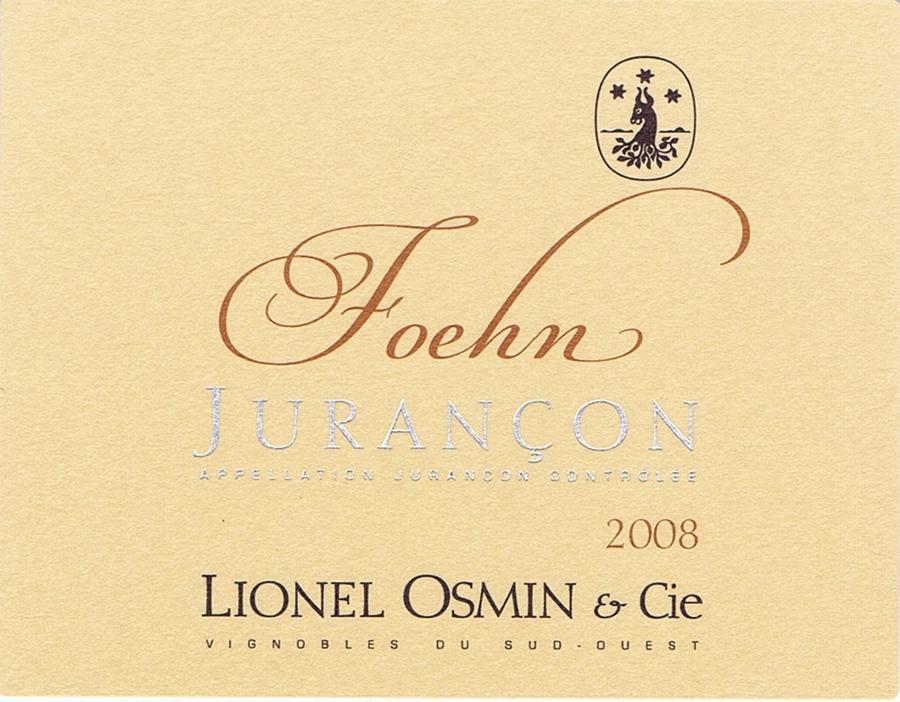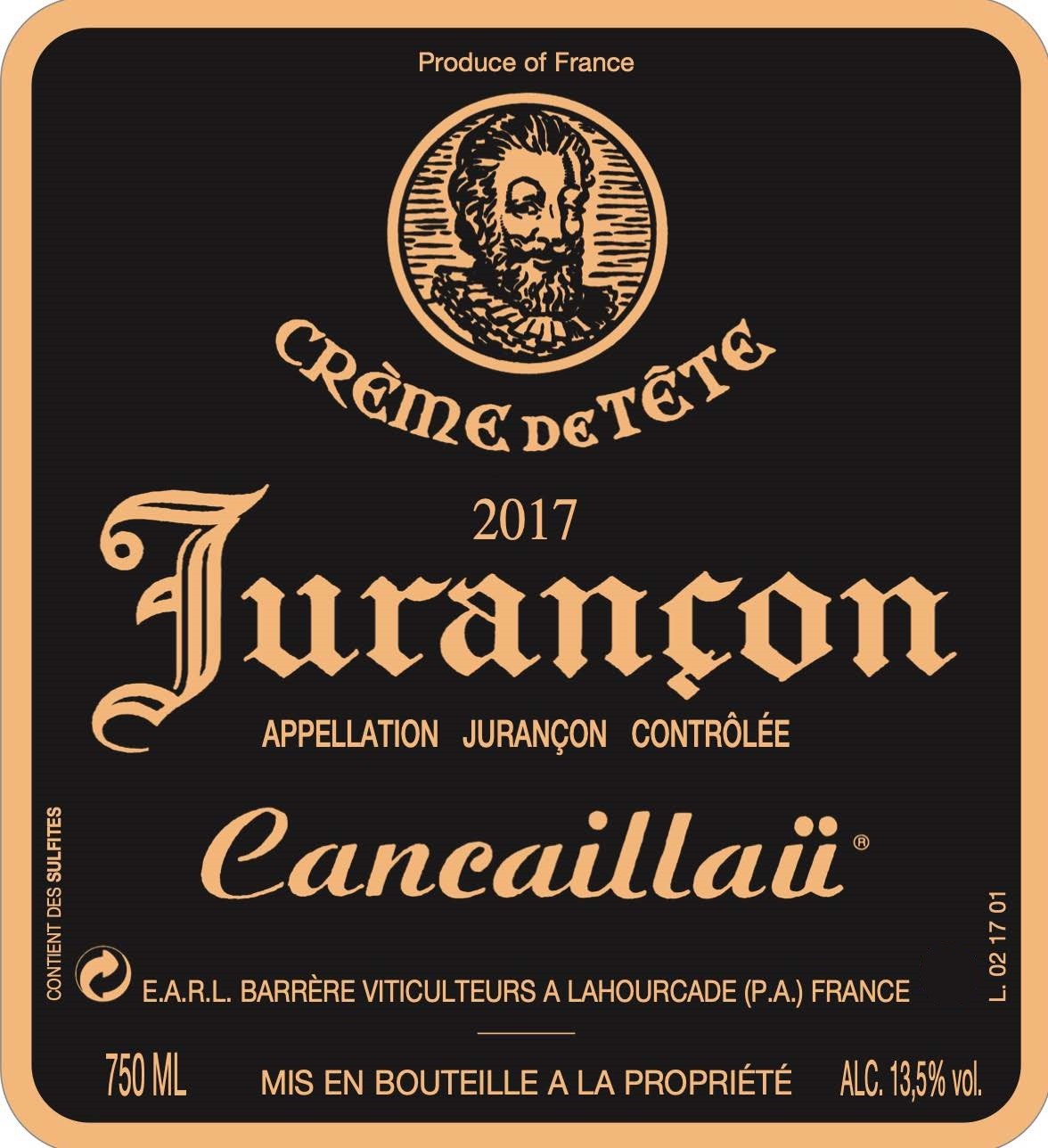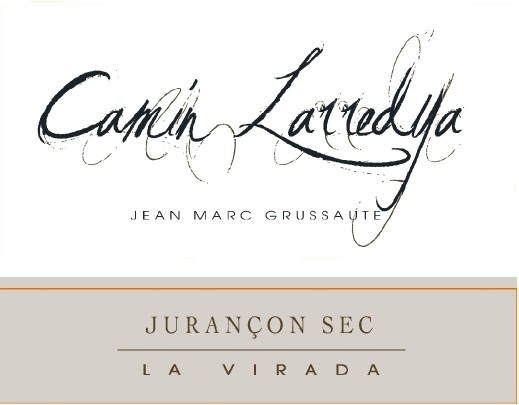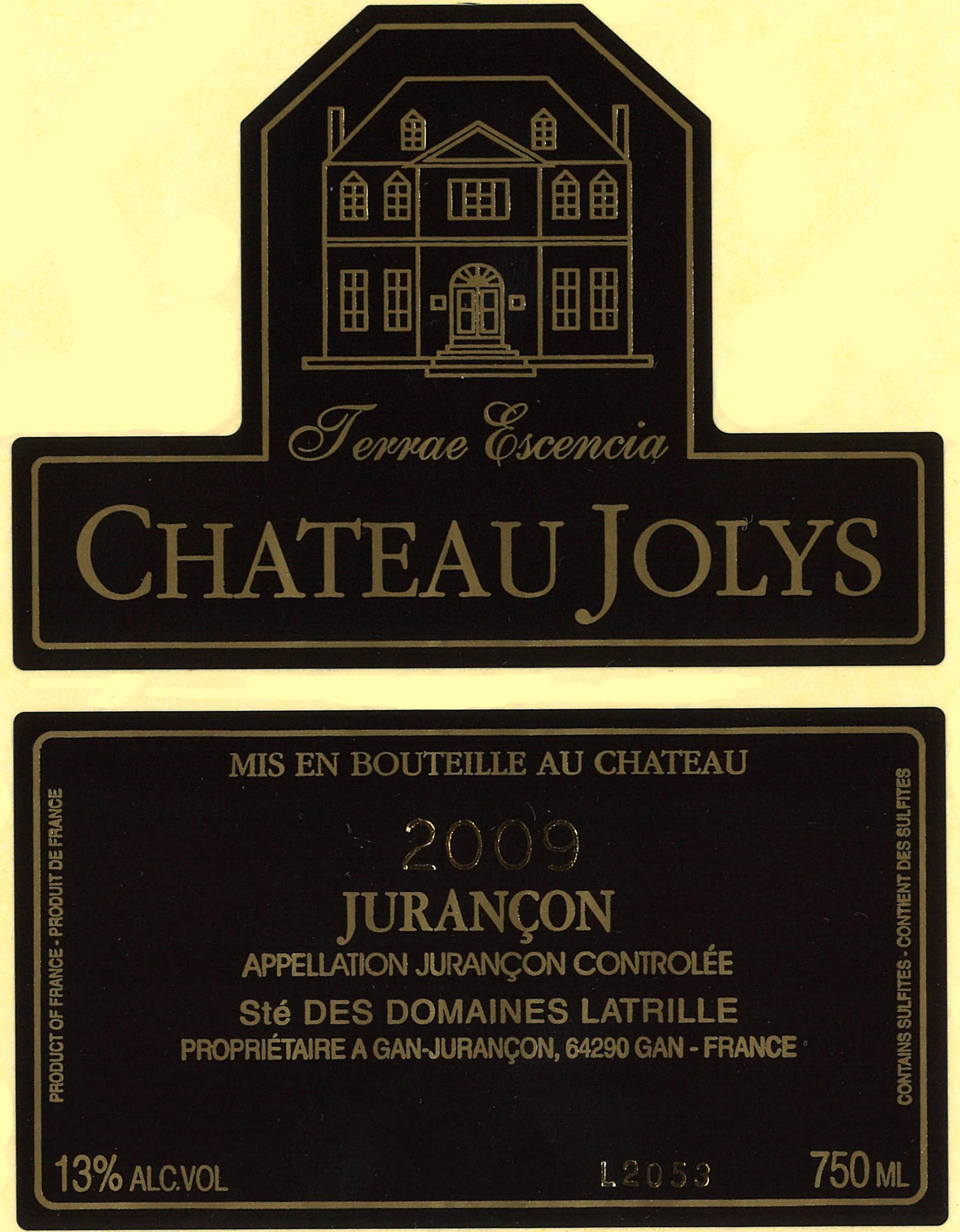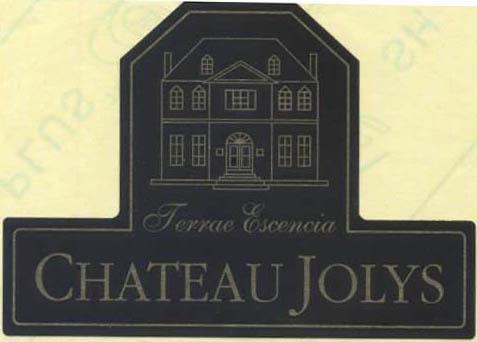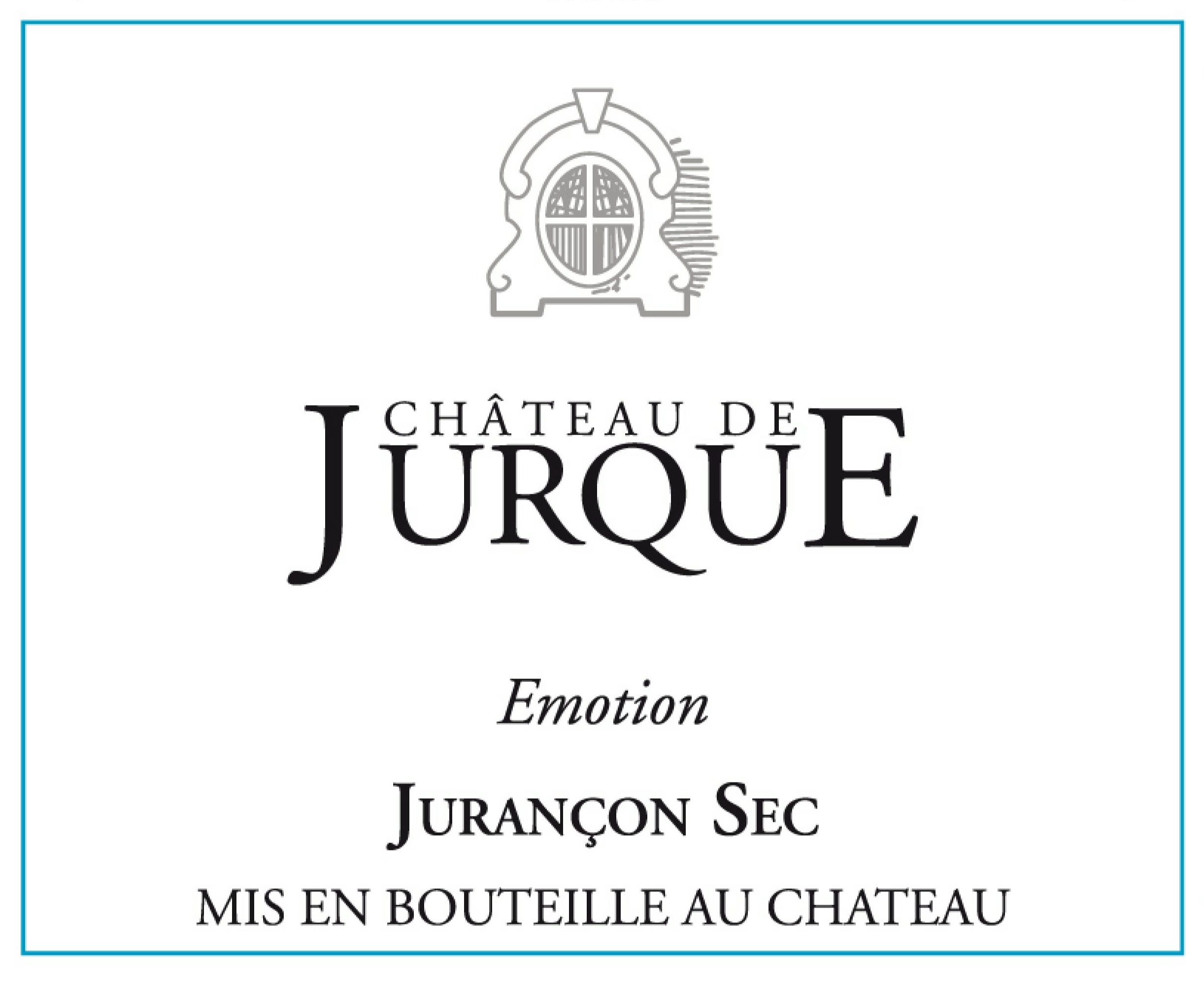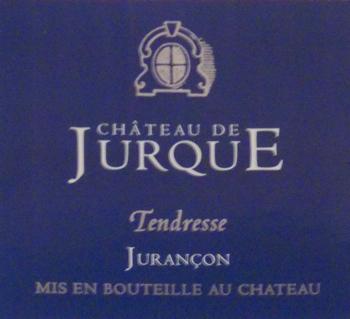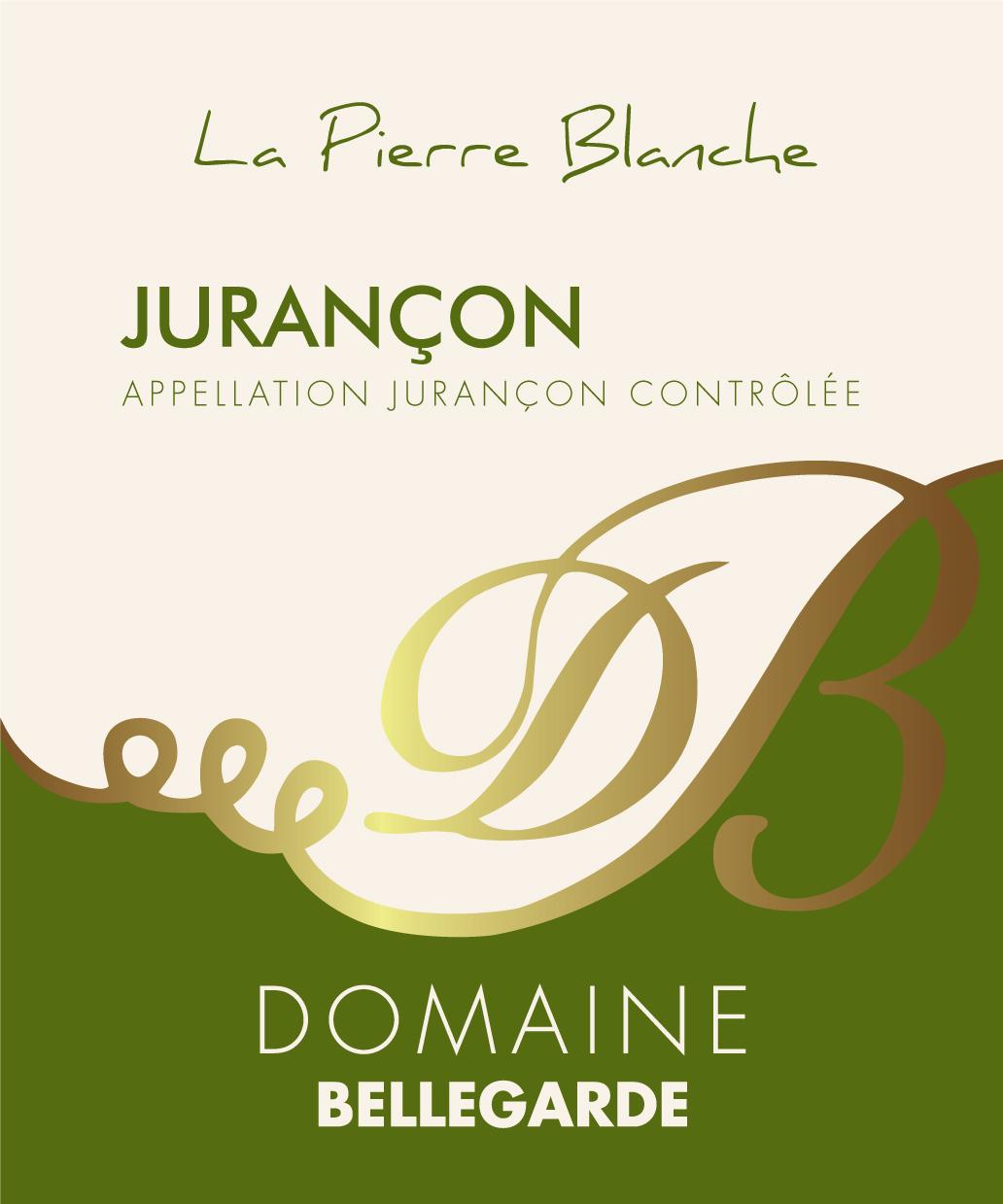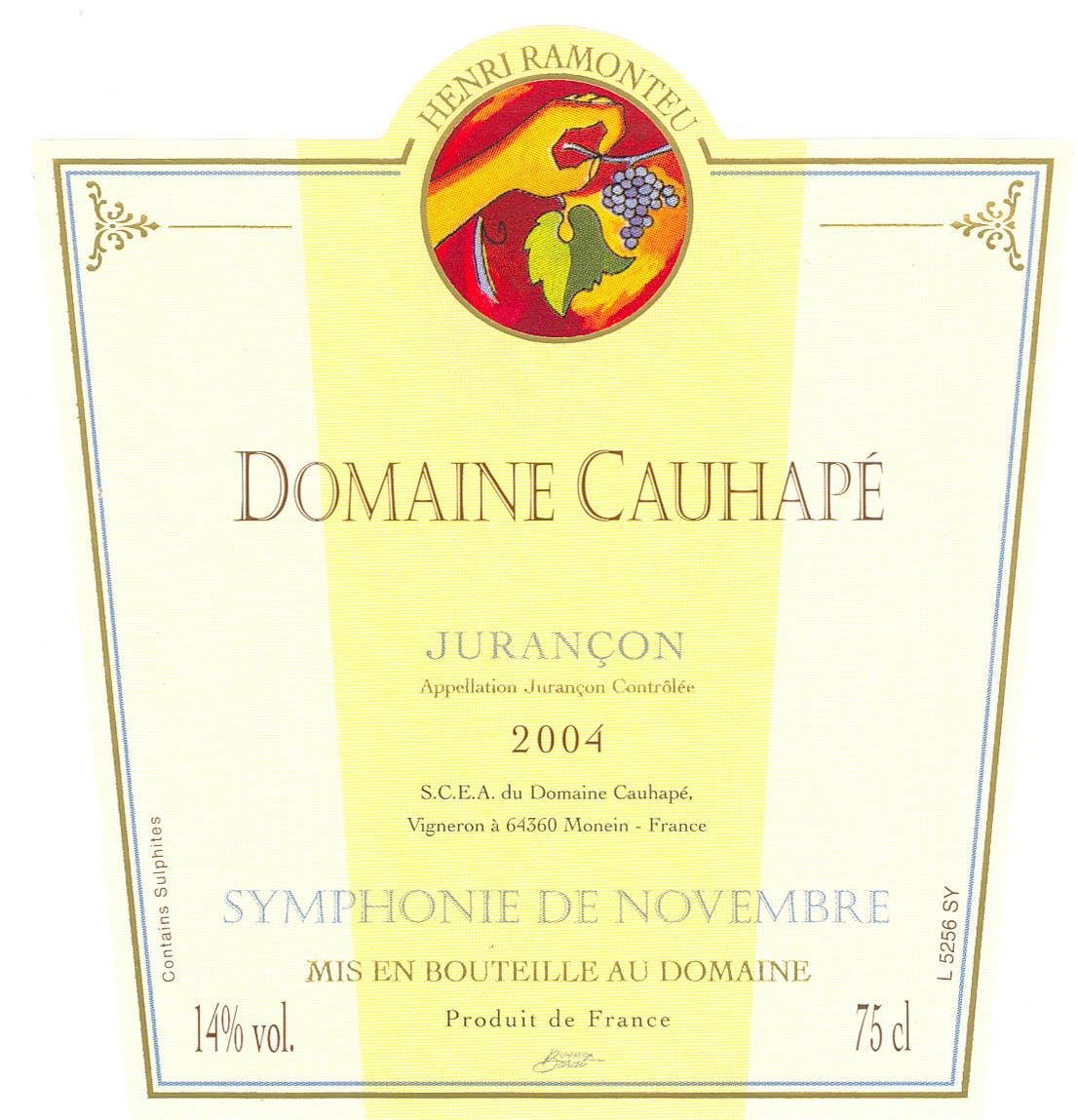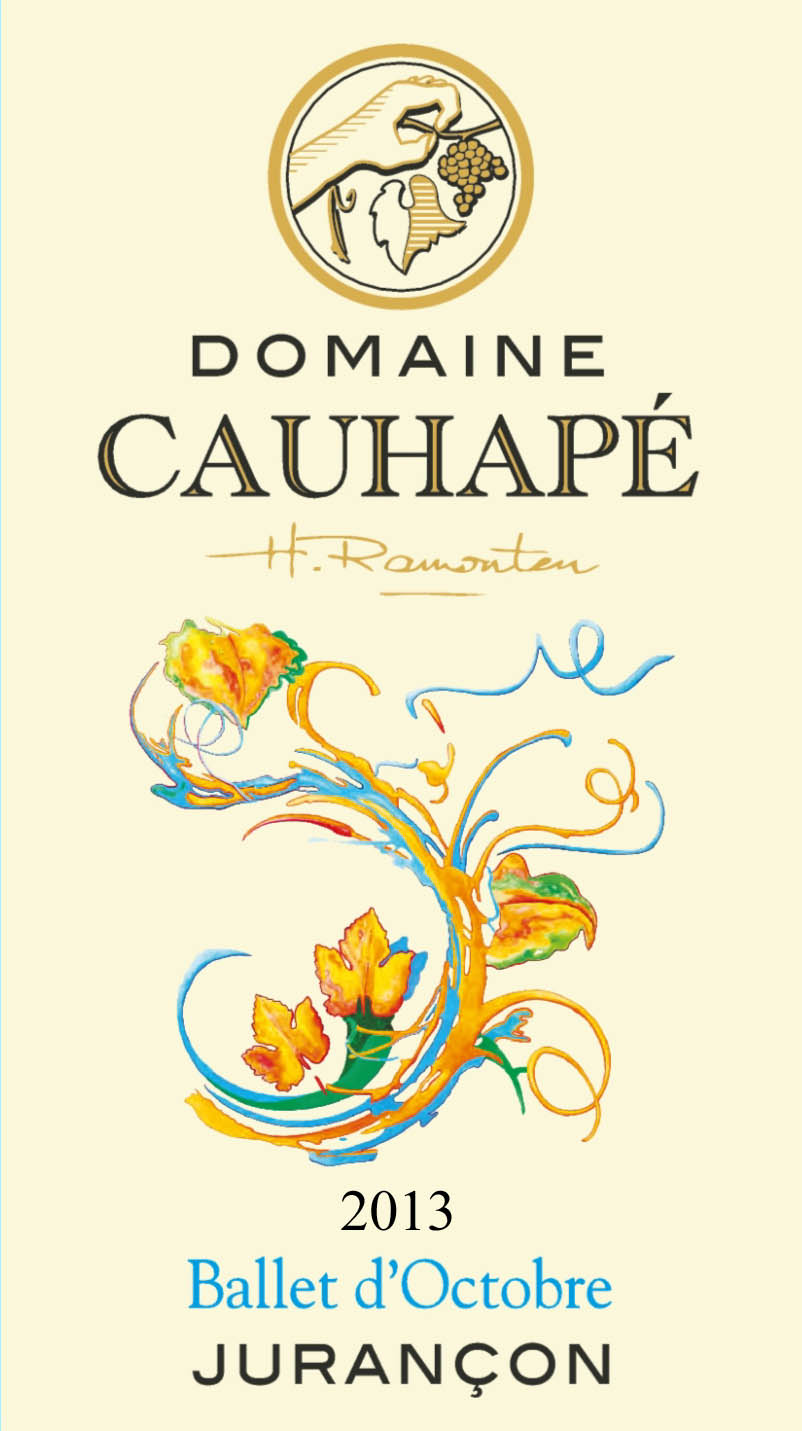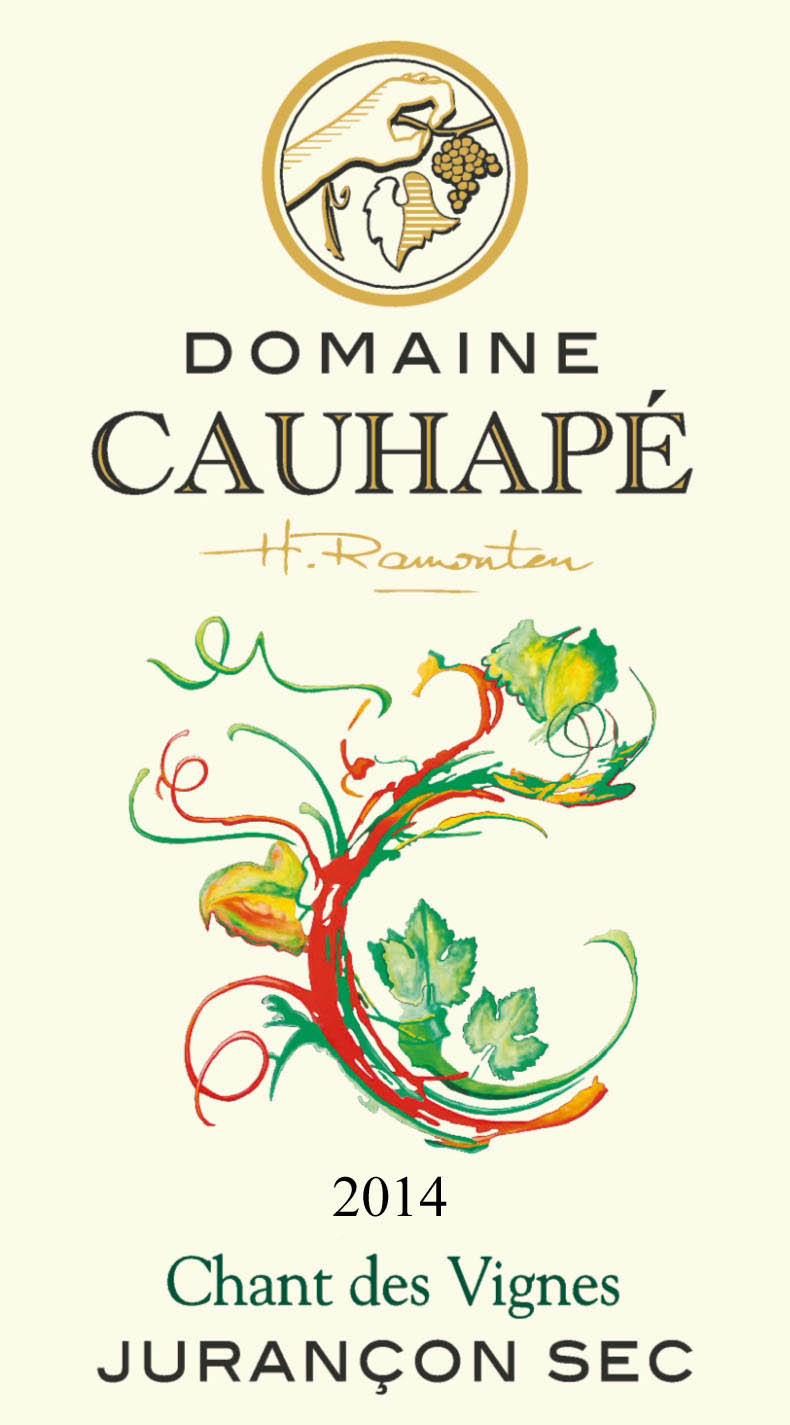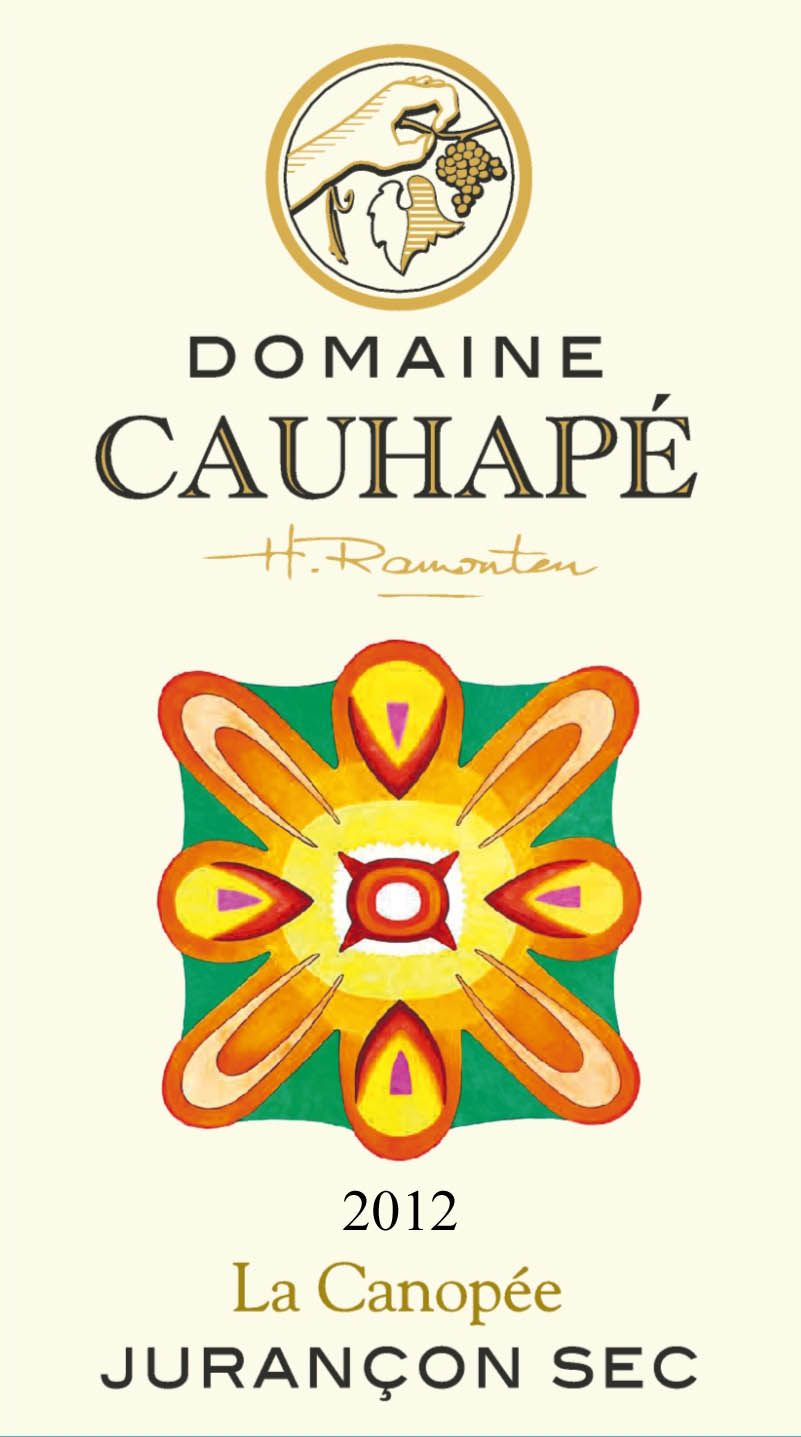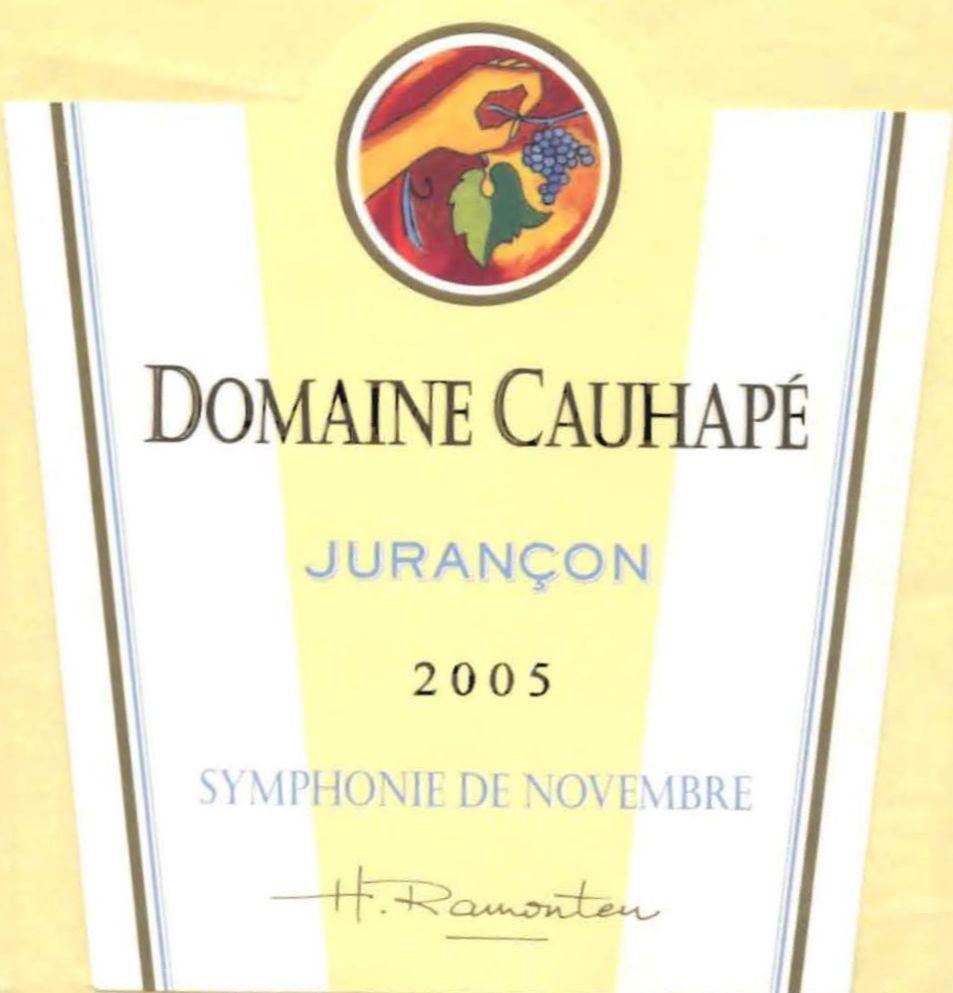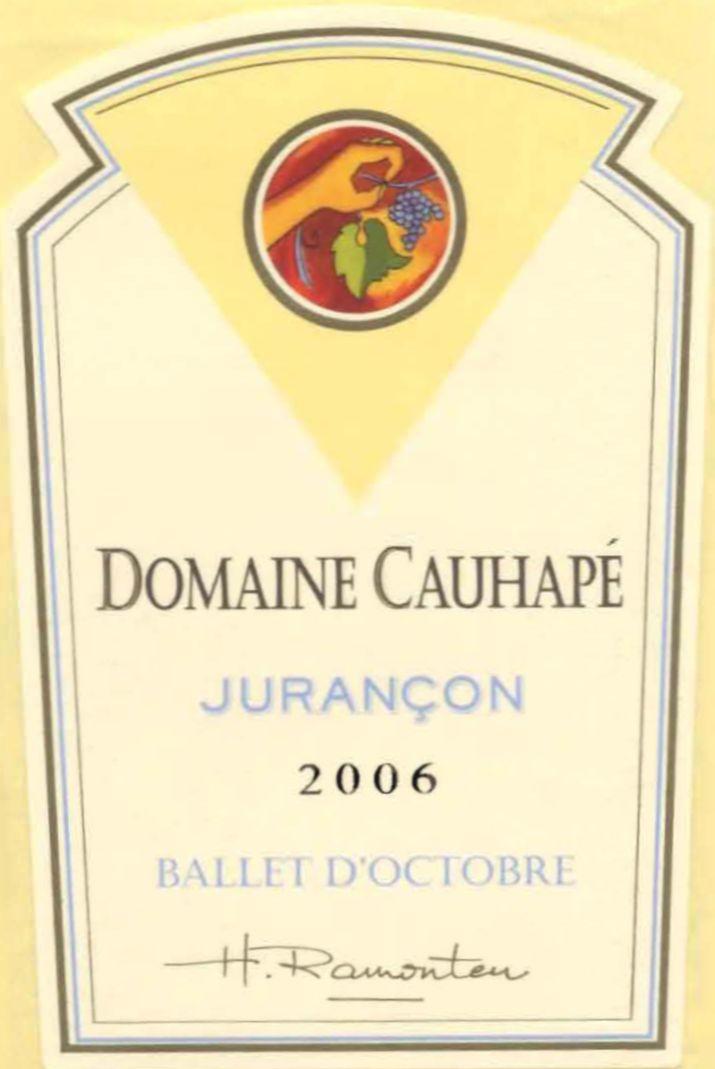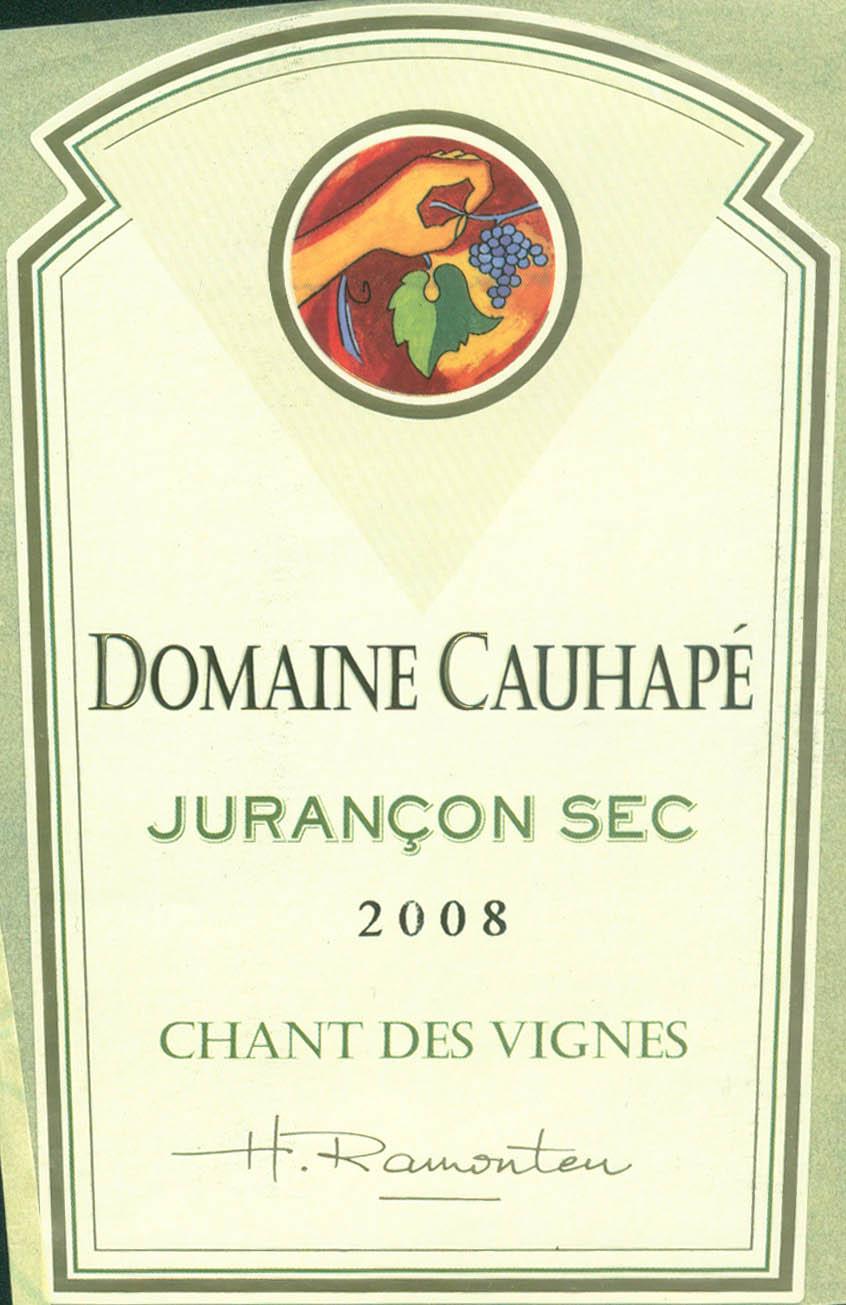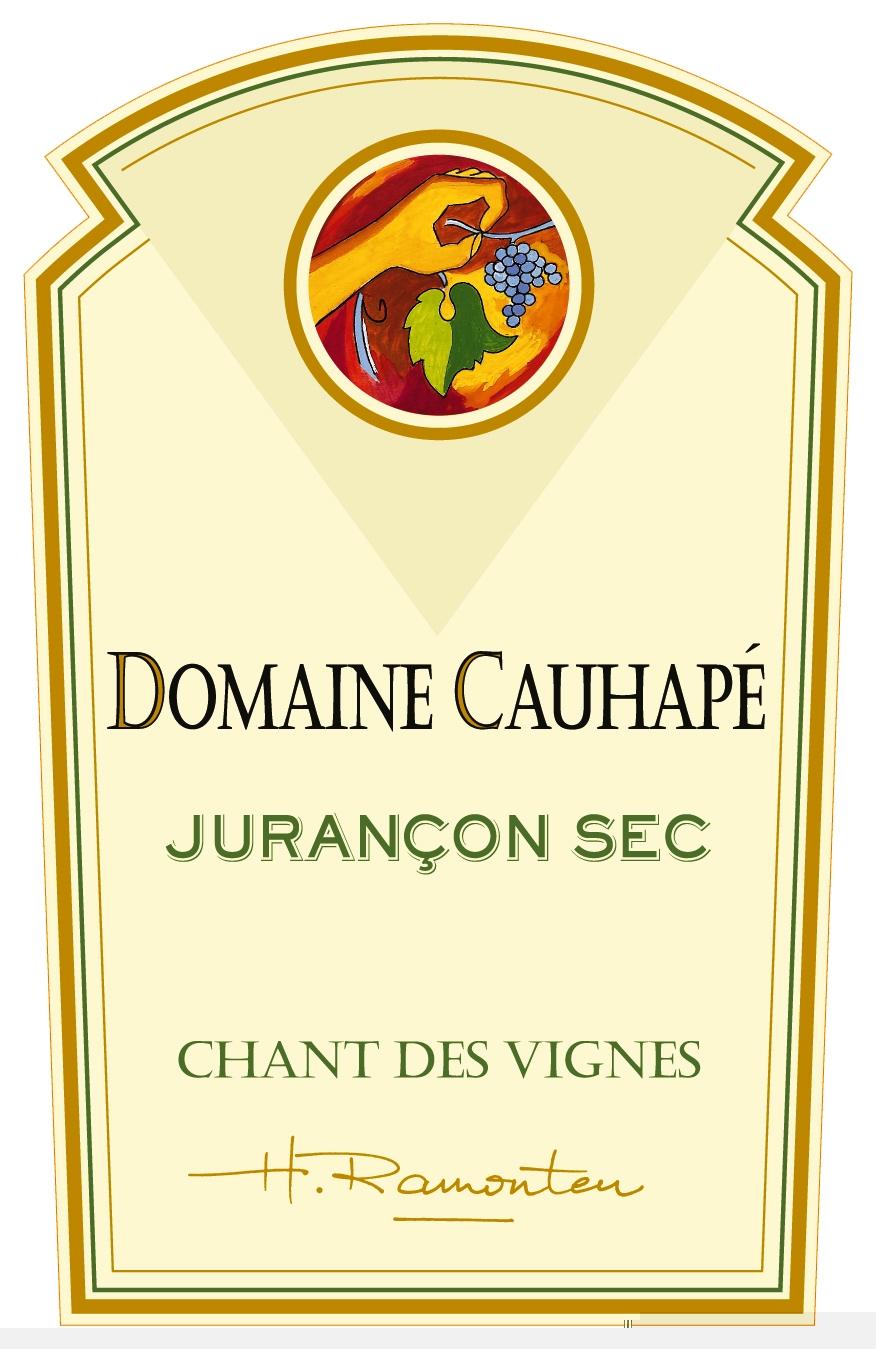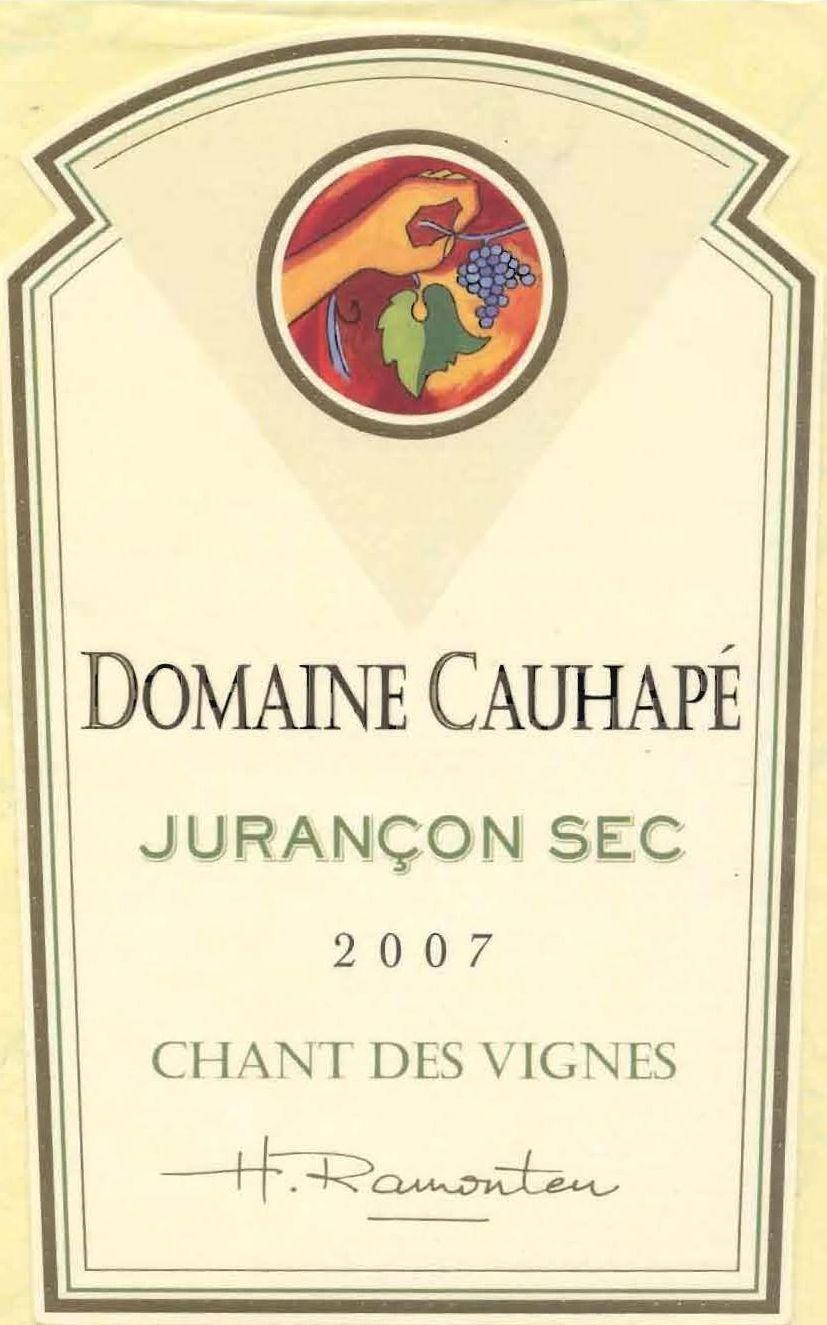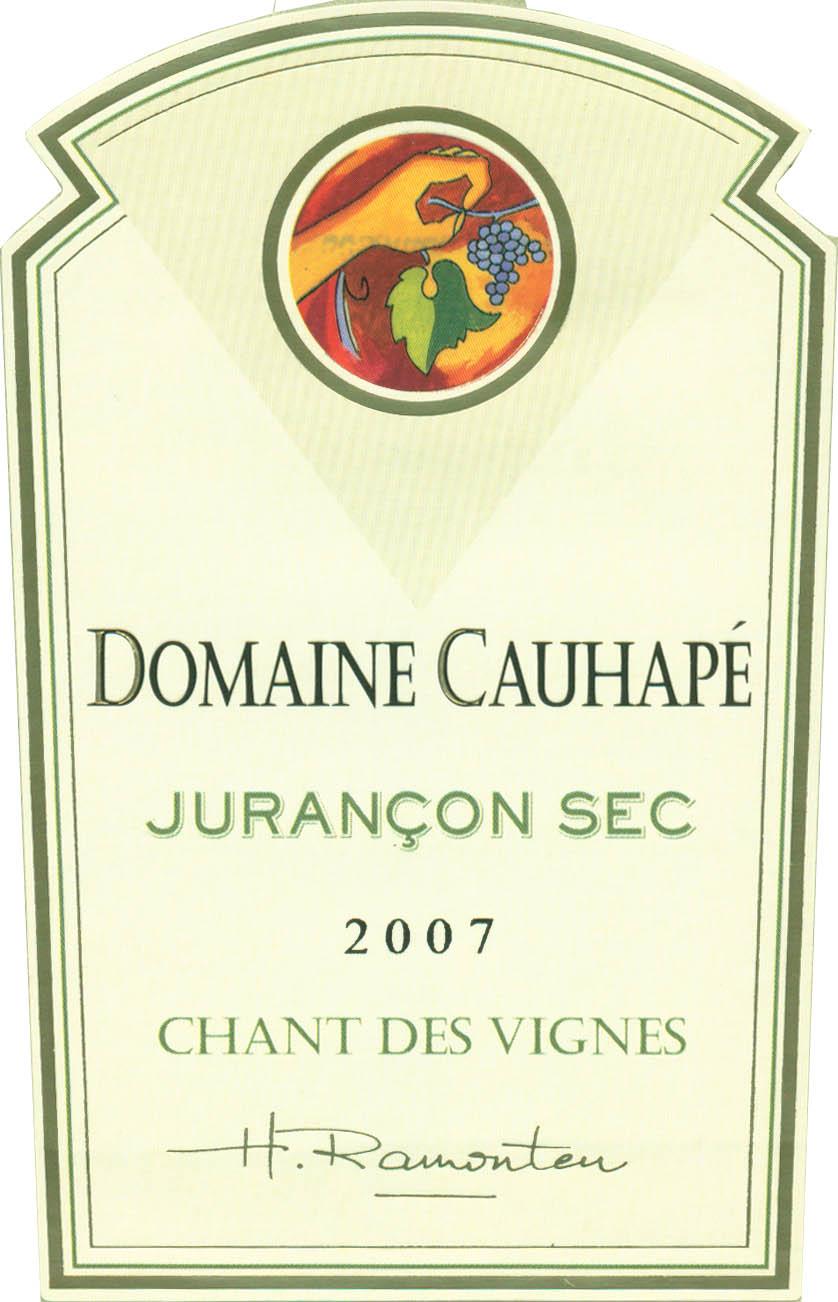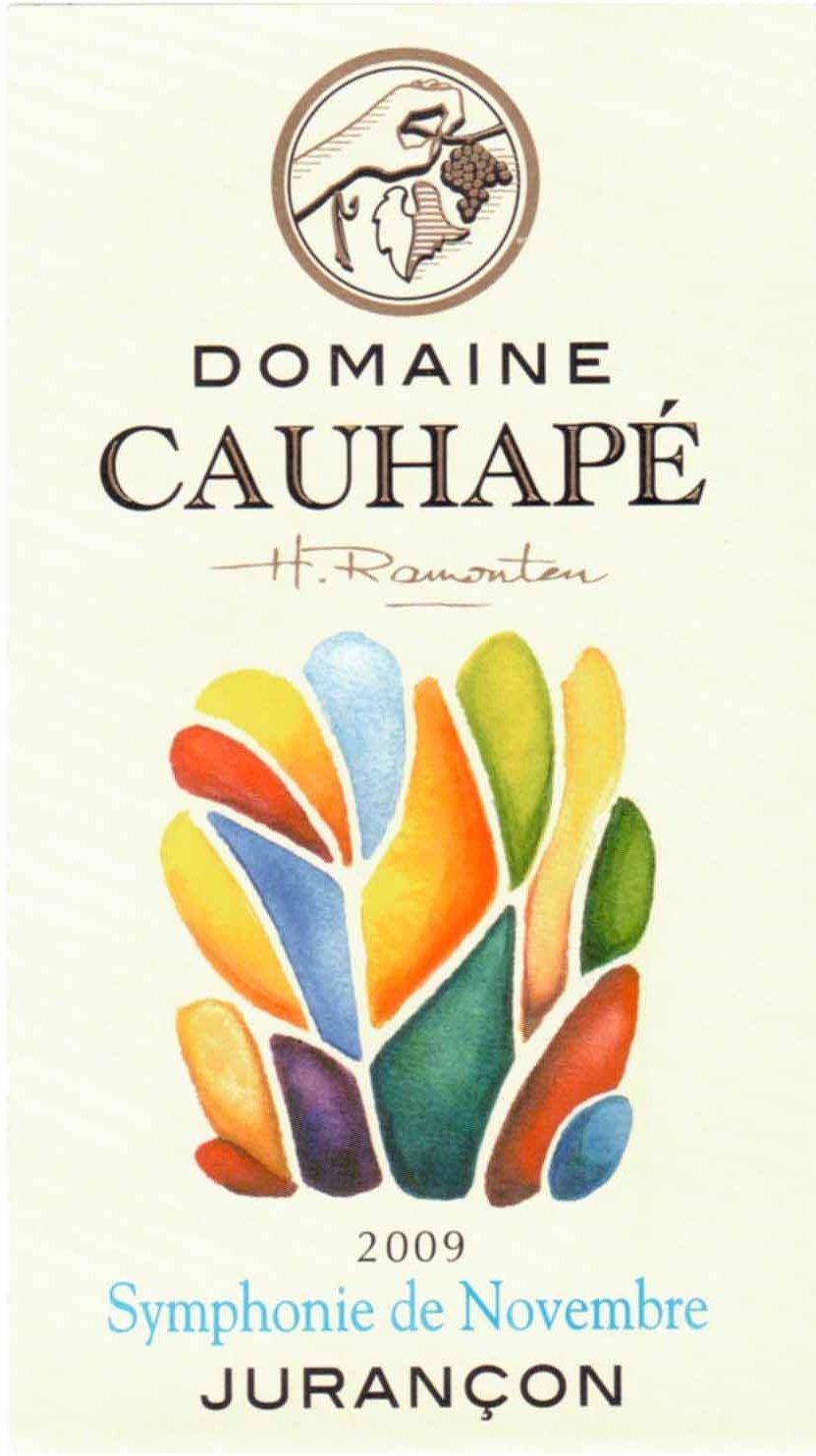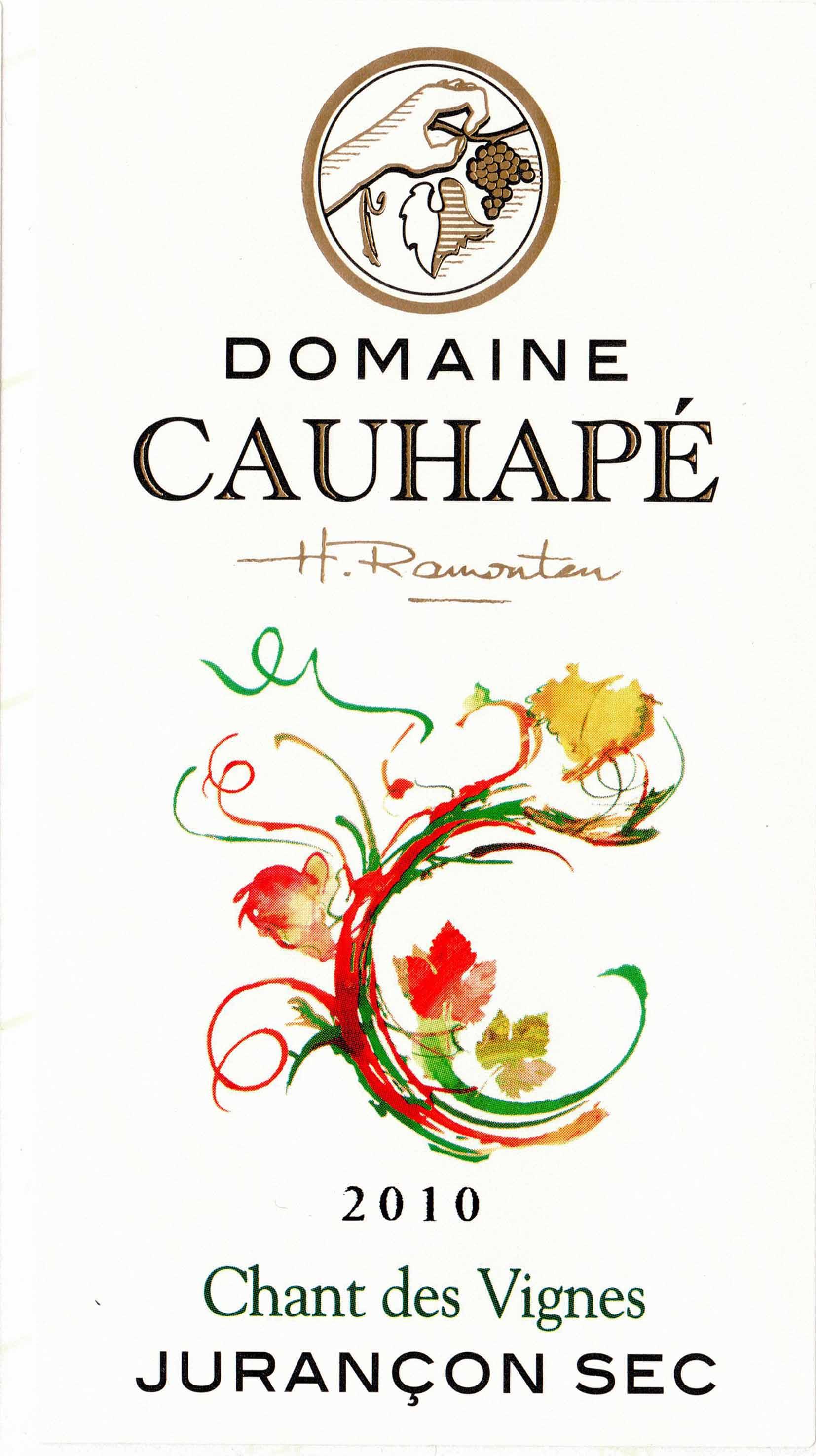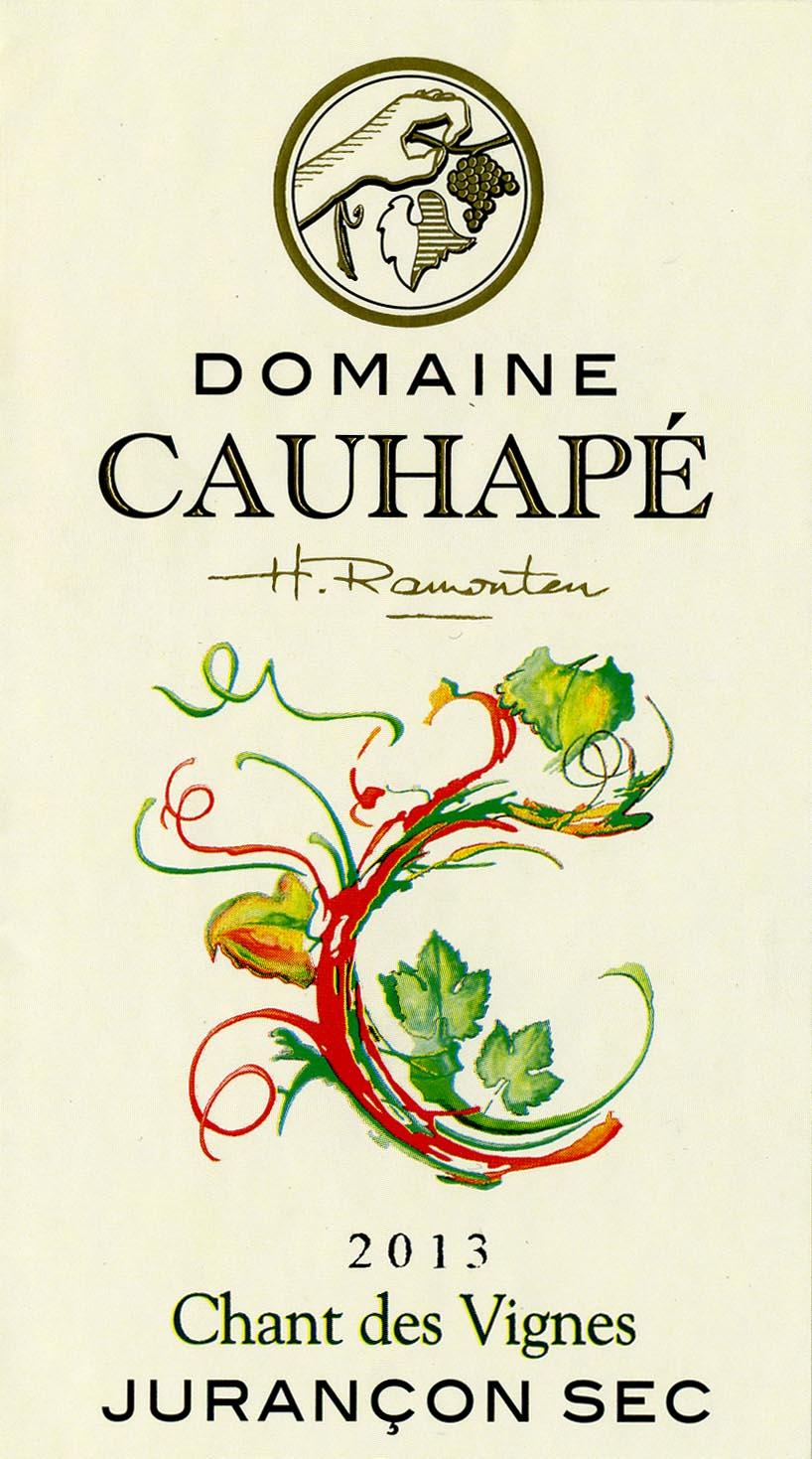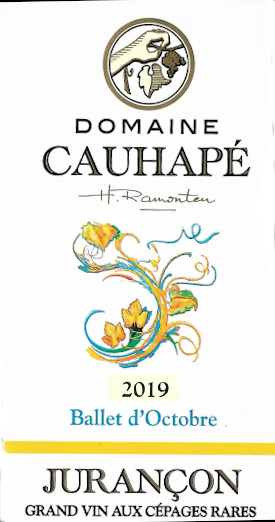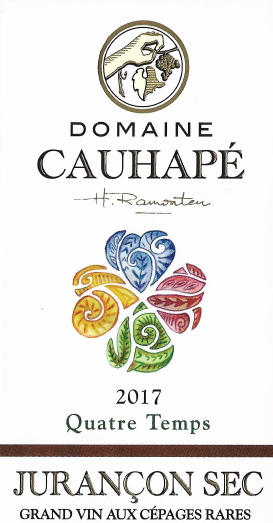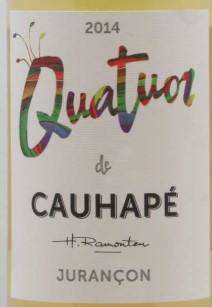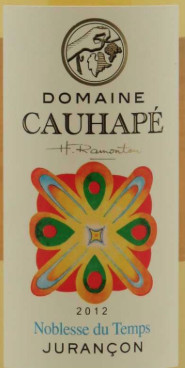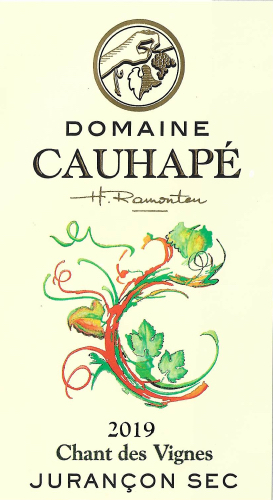Terroir of Jurançon
The terroir of Jurançon is a mix of pebbly limestone called Poudingue de Jurançon, along with sandstone and clay. Vineyards sit on sunlit slopes of the Pyrenean foothills, enjoying great drainage and warmth from the gravelly soil. This special soil boosts the lively acidity and strong aromas in the wines.
Jurançon's climate combines Atlantic and Pyrenean influences, with plenty of rain and moderate sun, which helps grapes mature slowly. A key feature is the warm, dry wind, similar to a foehn, which dries the vines after rain and lengthens the growing season. This climate allows for both Jurançon Sec and late-harvest wines, offering rich fruit flavors while keeping a fresh, lively character.
Notable Wineries in Jurançon
Jurançon, nestled in the picturesque foothills of the Pyrenees, is a haven for wine enthusiasts, celebrated for its vibrant and aromatic wines. The region boasts several notable wineries that showcase the unique terroir and grape varieties of the area:
- Cave des Producteurs de Jurançon: This cooperative, founded in 1949, brings together numerous local growers to craft a diverse range of Jurançon Sec and sweet wines, welcoming visitors with engaging cellar tours.
- Domaine Cauhapé: Positioned near Pau, this esteemed private estate is lauded for its exceptional vineyard sites, offering a remarkable array of wines from Jurançon Sec to Vendanges Tardives.
- Other Estates: The region is dotted with family-owned domaines in Monein, Jurançon, and nearby villages, many of which welcome visitors by appointment and specialize in rare grape varieties and unique wine styles.
Sustainable Winemaking in Jurançon
Jurançon, nestled in the scenic Pyrenean foothills, is embracing sustainable wine practices to protect its unique terroir. Many vineyards now use organic and biodynamic methods, reducing chemical use and promoting biodiversity. Integrated pest management helps safeguard these hillside ecosystems, ensuring the health of vines and the surrounding environment.
With its ample rainfall, Jurançon's vineyards often rely on dry farming, conserving water naturally. During drier seasons, growers focus on soil moisture conservation, utilizing cover crops to prevent erosion and enrich the soil with nutrients. Additionally, some winemakers are turning to renewable energy sources like solar power, while adopting lighter glass and enhancing recycling efforts to minimize their ecological footprint. These initiatives reflect Jurançon's commitment to sustainable practices, preserving the region's viticultural heritage while adapting to climate changes.
Wine Tourism in Jurançon
Jurançon, famed for its aromatic wines, offers an immersive wine tourism experience. Visitors can engage in vineyard tours and tastings, often by appointment, to explore traditional grape varieties. These experiences are frequently complemented by local food pairings like foie gras and Ossau-Iraty cheese. The region's scenic wine routes feature paths ideal for driving and cycling, allowing for a leisurely exploration of hilly vineyards.
During harvest season, vibrant festivals celebrate the new wines, paired with local cuisine and music. Nearby attractions include the historic sites of Pau and the breathtaking Pyrenees. Many wineries offer accommodations or partner with local guesthouses, providing a stay amidst the vineyards. Emphasizing sustainability, Jurançon's winemakers are committed to organic practices, ensuring the preservation of their unique terroir.
